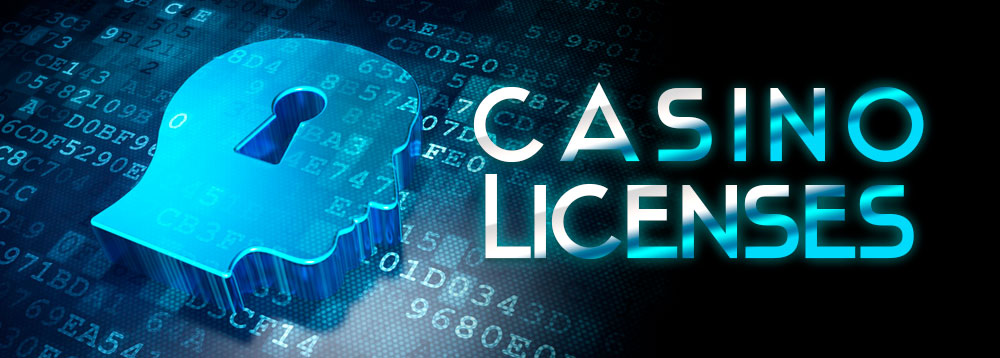In Illinois, new casinos will be licensed soon. Up to six venues can be operational in the state, so the Illinois Gaming Board felt like this was a time to strengthen the ethics of the licensing process. The board has created new rules that must be followed and requires more individuals to present disclosure reports involving ethical behavior when the licensing process begins for the new facilities.
A gambling overhaul was recently approved in the state which included the introduction of the new rules within the board. Along with the rules, the approval included six new land based casinos plus sports betting being legalized.
Last week, the commission stated that the new regulations have expanded on the definition of an applicant for casino licensing. It now includes any person or entity that has directly or indirectly expressed interest to an officially or employee within a host community in applying for a gaming license regardless as to if that individual or entity has submitted an application within the board.
With the new rules, license applicants as well as license holders will have to disclose potential violations or actual ethical law violations by the applicant or the license holder. This includes any agents or employees. Violations by other applicants must also be revealed as well as any violations involving other license holders, their employees or agents.
The emergency rulemaking authority of the board adopted the gambling rules which enables the board to enforce them temporarily based on certain circumstances without having to go through public notice or hearings. With this type of approval, the rules are valid for as many as 150 days.
Marcus Fruchter, an Administrator within the Gambling Board, stated that the emergency rules process was adopted in this case as a way to strengthen the existing ethics requirements and enhance the transparency of the selection process involving casino licensing.
New Gaming Venues
As mentioned, the new rules come at a time when the state is set to create as many as six new casinos. The goal of the expansion is to create billions for a Rebuild Illinois infrastructure plan. Money generated would also go towards a budget deficit for Chicago.
Efforts are being made to bring a casino to the Chicago area, but a recent survey shows that this might not be the best idea. Union Gaming Analytics just recently finished a study that was commissioned by Chicago that revealed an onerous tax structure in the new gambling law may make the project unfeasible.
Five areas that have been proposed for the casino have been proven to be areas that are not likely to attract tourists. A casino operator of the Chicago casino will have to provide one third of their revenue to Chicago and pay several fees including gambling position fees totally as much as $120 million.
Such high fees may keep operators from wanting to create a casino in the region. The law dictates that $3,000 be paid per position for up to 4,000 slot games.




